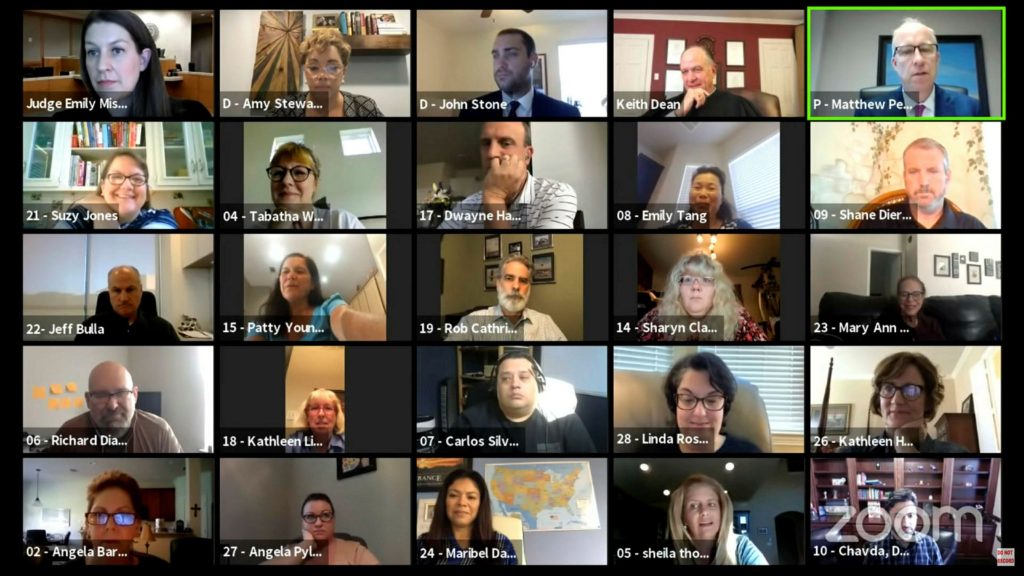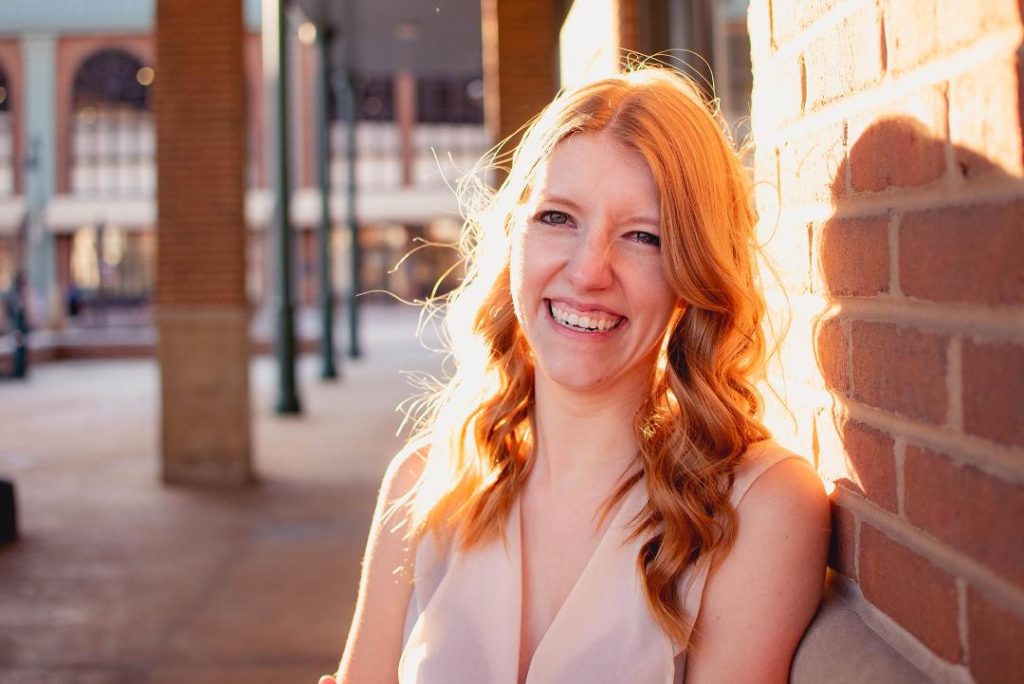|
Getting your Trinity Audio player ready...
|
Reading Time 4 mins
6/18/2020
“Zoom fatigue is a real thing! You should look it up!” my friend eagerly assured me on a phone call over the weekend.

Just search “zoom fatigue” on Google and you’ll see loads of articles on this phenomenon that, while not new, more and more people are experiencing in the midst of COVID-19. ‘Tis the season for working from home and avoiding gatherings making video meetings instantly part of so many peoples’ day-to-day work lives. Zoom is the very popular video call platform used by so many, especially of late. I had never heard of this fatigue until my friend turned me down for a video chat over the weekend. Her reason, “I decided to limit my video chats to work only.” I was taken aback. “Why would she not want to video chat with me, her long lost, dear friend, who she hasn’t heard from in weeks?”, I selfishly thought to myself, confused and a little hurt. “How could she possibly perceive a video call with me as work?” I didn’t let on my true feelings, however, and graciously accepted her invitation to call at 5:00.
At 5:01, I rang her. I had been yearning for a good, solid, friend-to-friend connection for weeks. We talked… and talked… for 2.5 hours! We couldn’t get enough! We shared how much our lives had changed, how the future of our finances and careers was so uncertain, and how we had wildly swinging moods ranging from deep sadness and fear to triumphant bravery and optimism. So, why in the world would this long, fiery phone call be less mentally and emotionally draining than a video chat? It started to make sense when she explained her experience with work.
“Work is non-stop video meetings. Sometimes they’re 30 minutes, sometimes an hour.” On a particularly stressful day, she described squirming around in her office chair, rolling the wheels across the floor uncontrollably, sighing heavily as she was stuck in a virtual meeting and 40 minutes late for her next! She works as the school intervention specialist. As a mediator between students with special needs, the teaching staff, and all the individuals that serve on the students’ education team, she must communicate carefully and effectively to serve her students. Having this communication reduced to video chats in place of face to face interactions has been exhausting. “I don’t know what it is!” she exclaims, “At the end of the day I am so tired. I finally told my family that I had to say no to any video chats. Zoom fatigue is a real thing. You should look it up!”
Articles beyond articles site the reasons why video conferencing can be so much more taxing than face to face or phone conversations. Many mention how we may feel more “in the spotlight” and the pressure is on to perform. We are using more energy to interpret social cues than we are used to. We are taking in more stimulation than we are used to. With so many faces and backgrounds to look at, it’s no wonder some people are feeling more distracted. Not to mention the fact that we can see our own face during the video calls. We laughed at the ridiculousness of imagining how this would play out if this existed in real-life, in-person interactions. I doubled over imagining a tiny mirror hanging in front of all of us as we met for drinks with friends or to say chat with our relatives. “Everyone’s looking at themselves during these things and no one is talking about it!” I jeered. And it’s not just distractions. Many of us may find ourselves having to mold our communication style into something so different that it’s actually draining our energy and we may not even realize it.

Many of these articles include ways to combat the fatigue of virtual meetings. These can be wonderful tips for those who feel it, but what about the rest of us? How many of us are not in virtual meetings all day, but know someone who is? After my friend explained her experience, it made sense even before I read the articles. It took her descriptions to really drive the point home. I applauded her for setting those boundaries for herself. She, like many sweethearts out there, recoil at the idea of letting others down. They might be feeling this Zoom fatigue and dreading that video chat with the girls, or that weekly video call with the whole family, but they might not admit it. Or if they do express their fatigue, they may be met with opposition. You may be tempted to say, “Oh, it’s not work, it’s just conversation! It’s no different than hanging out in real life!” You may have been unaware, like I was at the beginning of this article. Now that you know, you might think of cutting your friend or loved one a little slack next time they seem less than enthused about your virtual game night.
#remotework #workfromhome #covid #remoteworking #digitalnomad #homeoffice #wfh #freelancer #coronavirus #entrepreneur #business #coworking #workingfromhome #freelance #workfromanywhere #digitalnomads #remoteworker #stayhome #locationindependent #remotejobs #remote #smallbusiness #socialdistancing #virtualassistant #coworkingspace #tech #workingremotely #work #startup #bhfyp

Kayla McCullough is a wedding and portrait photographer serving Northeast Ohio. Before pursuing photography full-time, Kayla was the Assistant Director of a small nonprofit serving young adults with developmental disabilities, called Pathway to Independence. She writes about her experience with leaving behind a stable and familiar career in the risky pursuit of her creative passions. Her other writings document intimate accounts of her journey through building her business and personal growth. Her blog kaylaasks.com is a place for others to relate on a deep level, be inspired to make courageous leaps in their own lives, and find a community of other ambitious folks.
